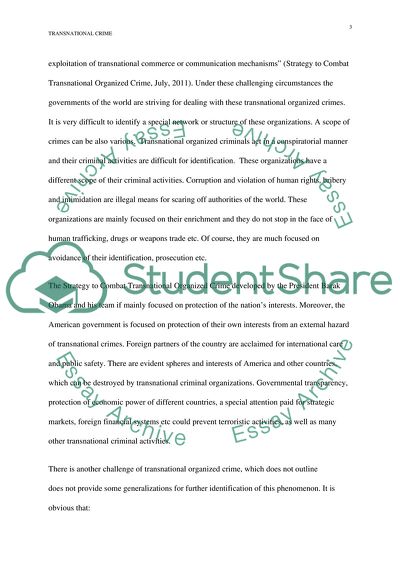Cite this document
(Similarities and Differences between Transnational Organized Crime and Coursework, n.d.)
Similarities and Differences between Transnational Organized Crime and Coursework. https://studentshare.org/law/1785039-critically-analyse-the-similarities-and-differences-between-transnational-organised-crime-and-transnational-corporate-crime-is-there-a-link-between-those-two-seemingly-different-types-of-criminality
Similarities and Differences between Transnational Organized Crime and Coursework. https://studentshare.org/law/1785039-critically-analyse-the-similarities-and-differences-between-transnational-organised-crime-and-transnational-corporate-crime-is-there-a-link-between-those-two-seemingly-different-types-of-criminality
(Similarities and Differences Between Transnational Organized Crime and Coursework)
Similarities and Differences Between Transnational Organized Crime and Coursework. https://studentshare.org/law/1785039-critically-analyse-the-similarities-and-differences-between-transnational-organised-crime-and-transnational-corporate-crime-is-there-a-link-between-those-two-seemingly-different-types-of-criminality.
Similarities and Differences Between Transnational Organized Crime and Coursework. https://studentshare.org/law/1785039-critically-analyse-the-similarities-and-differences-between-transnational-organised-crime-and-transnational-corporate-crime-is-there-a-link-between-those-two-seemingly-different-types-of-criminality.
“Similarities and Differences Between Transnational Organized Crime and Coursework”. https://studentshare.org/law/1785039-critically-analyse-the-similarities-and-differences-between-transnational-organised-crime-and-transnational-corporate-crime-is-there-a-link-between-those-two-seemingly-different-types-of-criminality.


